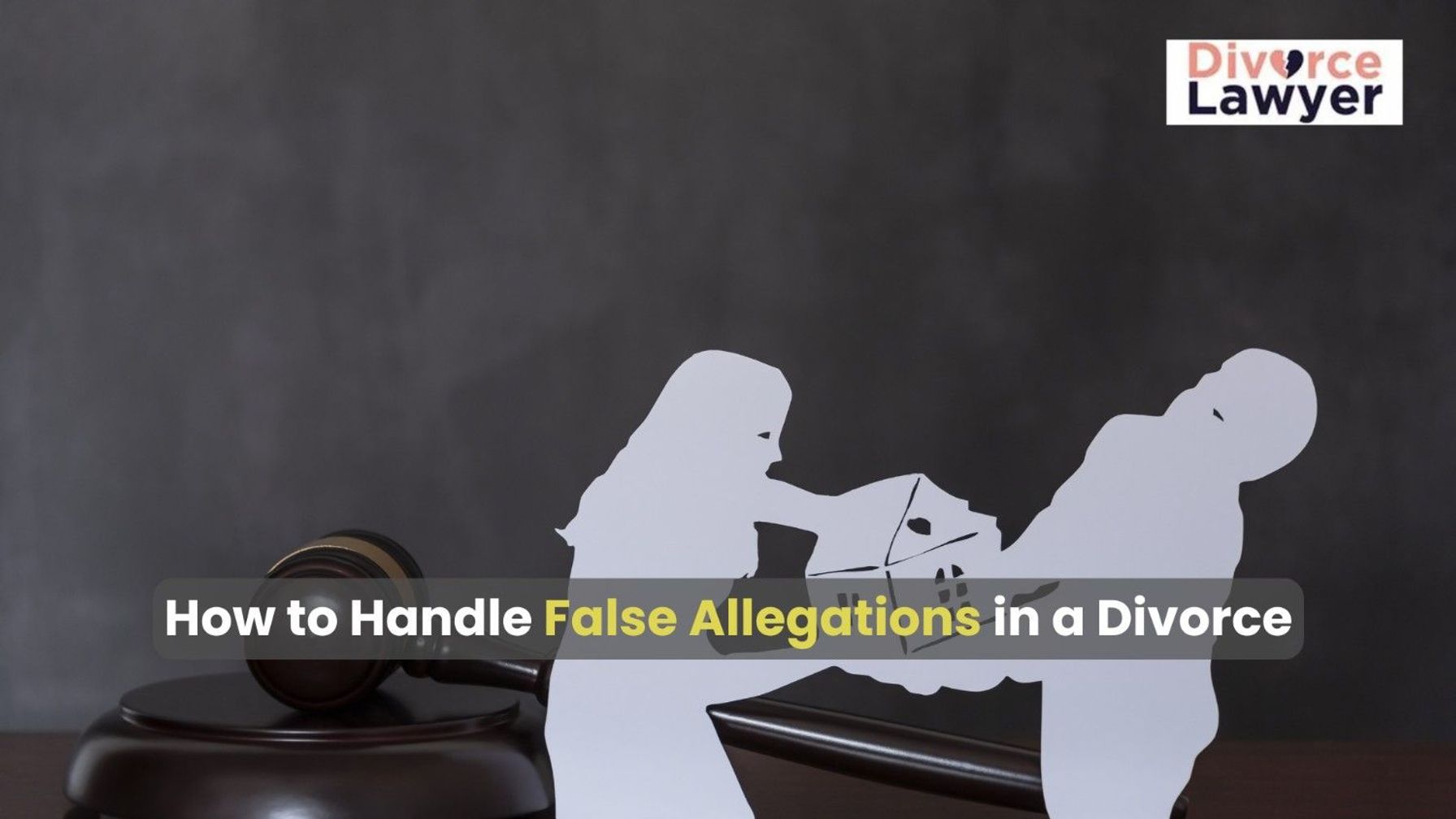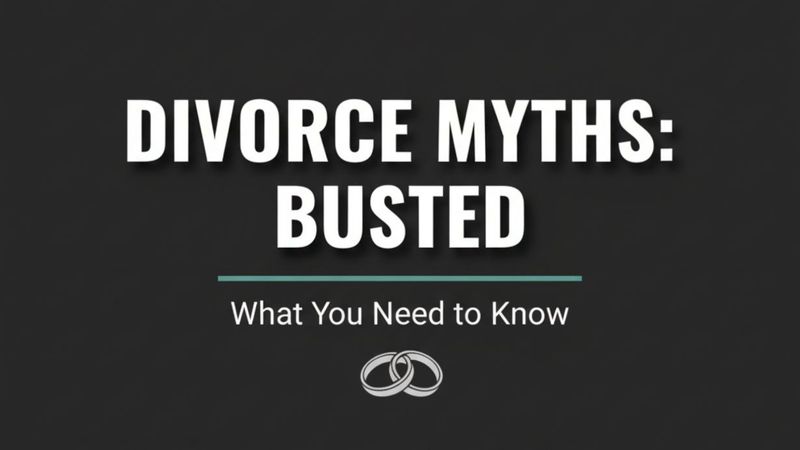Divorce is already a stressful process, but dealing with false accusations can make it even more overwhelming. False allegations of abuse, infidelity, or financial misconduct can damage your reputation and impact the outcome of child custody, alimony, and asset division. If you are facing baseless claims, it’s crucial to stay calm, gather evidence, and seek legal assistance.
If you need expert legal support in handling false accusations in a divorce, visit Divorce Lawyer for professional guidance from experienced divorce attorneys.
Why Do False Allegations Occur in Divorce Cases?
False allegations are often used as a tactic to gain an advantage in divorce proceedings. Some common reasons include:
- Child Custody Disputes – One parent may falsely accuse the other to gain sole custody.
- Financial Gains – Accusations can be made to manipulate alimony, asset division, or financial settlements.
- Revenge or Emotional Manipulation – Some spouses make false claims out of anger or emotional distress.
- Influence of Friends or Family – External pressure can lead to exaggerated or fabricated allegations.
Regardless of the reason, false accusations must be handled strategically to protect your rights and reputation.
Steps to Handle False Allegations in Divorce
1. Stay Calm and Avoid Emotional Reactions
Hearing false accusations can be infuriating, but reacting emotionally can make things worse. Stay composed and avoid confrontations that could be used against you.
2. Gather Evidence to Prove Your Innocence
Solid evidence is your strongest defense against false claims. Consider collecting:
- Text messages, emails, or call logs
- Witness statements
- Surveillance footage
- Bank records, financial statements, or employment records
3. Hire an Experienced Divorce Lawyer
A skilled divorce lawyer can help you navigate legal proceedings and present evidence effectively. They can also challenge baseless claims and protect your rights.
4. File a Defamation or Perjury Case
If the false allegations damage your reputation, you may have legal grounds for a defamation lawsuit. Additionally, if the accusations involve false statements under oath, your lawyer can file a perjury claim.
5. Request Psychological Evaluations (If Child Custody is Involved)
In child custody battles, a psychological evaluation may help determine whether the allegations are fabricated. This can be requested through the court to ensure a fair decision.
6. Avoid Any Communication Without Legal Advice
If the accusing spouse tries to provoke you, do not respond emotionally. Avoid discussing the allegations directly and let your lawyer handle communication.
7. Request a Court-Ordered Investigation
If the claims are serious, you can request an official investigation to uncover the truth. This may involve social services, forensic experts, or custody evaluators.
8. Document Every Interaction with Your Spouse
Keep records of every conversation, text message, or email. Even the smallest details can help build a strong defense against false accusations.
9. Comply with Court Orders, But Challenge Unfair Rulings
If the court imposes temporary restrictions (such as limited child visitation), comply with them while simultaneously working with your lawyer to challenge the unfair ruling.
10. Seek Support from Family and Friends
False allegations can be mentally exhausting. Lean on trusted family members, friends, or support groups to stay emotionally strong during the process.
The Impact of False Allegations on Divorce Outcomes
False accusations can have serious consequences, including: ✅ Loss of child custody or visitation rights ✅ Damage to personal and professional reputation ✅ Financial strain due to legal battles ✅ Emotional distress and mental health struggles
A strong legal defense is necessary to fight these allegations and ensure a fair outcome. If you’re facing false claims, contact Divorce Lawyer for expert legal assistance.
Conclusion
False allegations in a divorce can be damaging, but with the right legal strategy, you can protect yourself. Stay calm, gather evidence, hire an experienced lawyer, and follow legal procedures to clear your name. Most importantly, don’t navigate this battle alone—seek professional help to ensure your rights and reputation remain intact.




